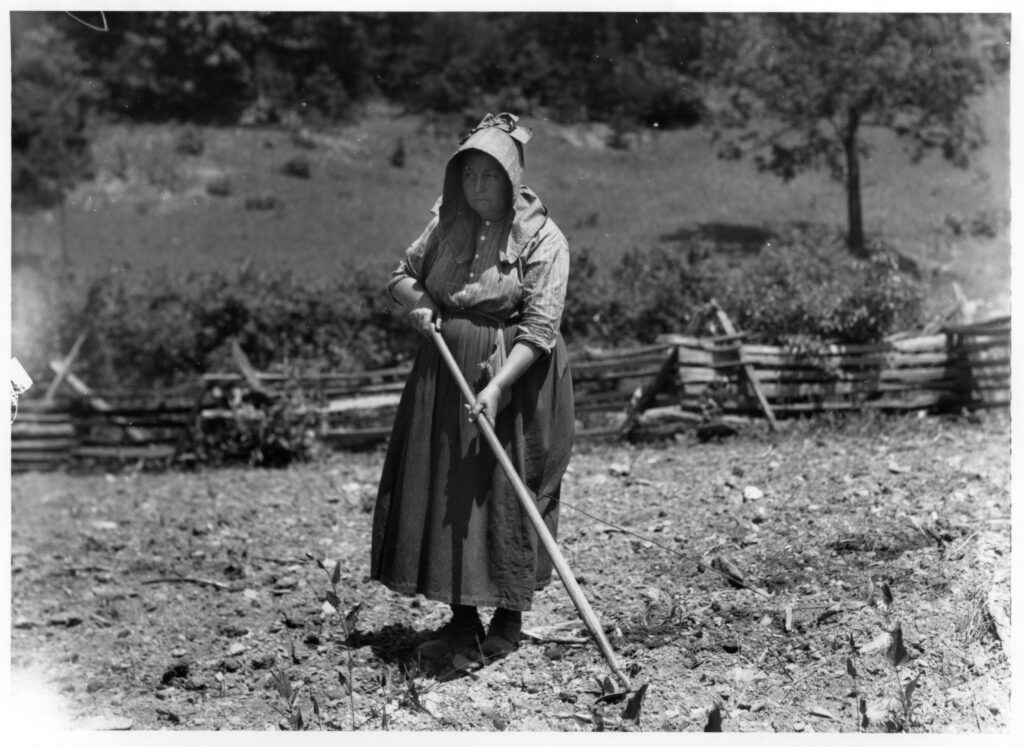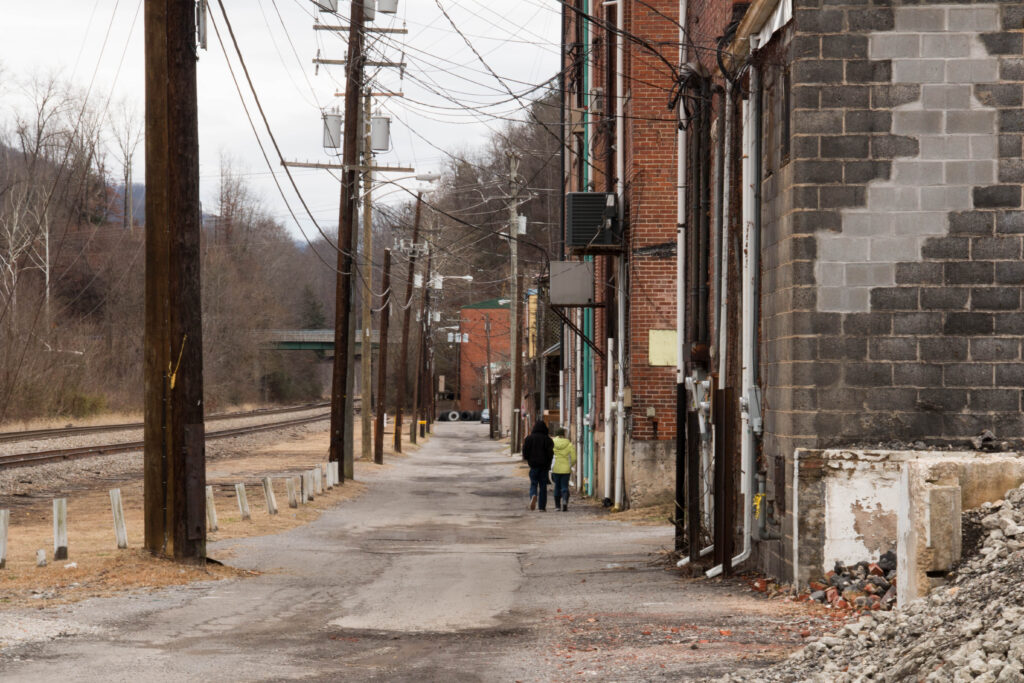Over the past few years, we have witnessed an amazing downturn in the coal industry. Mines all throughout Appalachia have closed, leaving thousands of coal miners and their families in dire straits. For as long as the coal industry has existed, the people of Appalachia have lived at the mercy of a boom and bust coal market. How did this come to be?
Weren’t the people of Appalachia once known for being robust, resilient, and having an endearing sense of hospitality? Didn’t they live in the mountains for nearly a century before timber and coal companies came in? Weren’t they enjoying the absolute freedom of their lives, without debt, without a want or care for the latest social and cultural trends that placed their urban neighbors into a life of wage slavery? What has happened to Appalachian people that have made these recent layoffs so detrimental?
Had the most recent layoffs come 75 or 100 years ago, they would have hurt, but the blow to mountain families would not have not been nearly as severe. Our ancestors had been wary of becoming entirely dependent upon coal mining wages for their food supply and shelter. They didn’t trust banks. They’d known the bondage placed on them in the early years by company script, company stores, and perpetual debt.
For years after coal became king, Appalachian people held on to a sense of freedom passed down to them by their ancestors. As my grandfather tried to teach us, “It’s your wants that get you in trouble, not your needs.” But theirs was also a different time. When our ancestors lived, there were still enough woods to hunt in and run their hogs. The water coming out of the mountain sides was still clean enough to drink. Extended families still owned enough land to graze mule teams and perhaps even a dairy cow. They could still plant enough food for themselves and sometimes for their livestock. I dare not romanticize it. Living off the land was not easy, but it was honest and free.

Many of the miners who were laid off did not have a farm to go home to. They have not been able to spend their idle time using their hands to provide for their family in the traditional ways, even if they wanted to. Each day the mail carrier brings more bills, more reminders of the life they’ve been forced to lead at the mercy of “industrialized progress.” It is truly criminal how much the coal industry, through absentee land and mineral rights ownership, have forced us to depend on them.
They’ve taken our lands, our water, our dignity—even our freedom. Since they came in, each successive generation has lost the ability to provide for themselves using what God has given us. Without our lands and our forests, there are few choices when it comes to carving out a little bit of happiness.
We have been enslaved into the social trends our forefathers so desperately avoided. We have been told that to be somebody we have to work hard, to have nice homes, nice vehicles, that our children must dress in brand name clothing. Each weekend miners flock to the nearby cities to buy material things, becoming willing participants in conspicuous consumption, trying to prove to the rest of the world they are not the “dumb hillbillies.”
Coal mining wages are the great equalizer between mountain people and the outside world, but it comes at the cost of our health. Deep inside, we know that we are still looked down upon even if we can afford the things others have.
Meanwhile, company heads have the legal system to their advantage once again. They’ve gone into bankruptcy, changed their names, and had a slight changing of the guard. Without debt and responsibilities, they hit the reset button and are back to playing the game all over again. Open this mine, close that one. Lay off this many, scare the hell out of the others to up production. Pay into this campaign, pull the strings on the politicians already in office. It is a game to them.
They have their millions, their foreign bank accounts, their global investments, and their mansions in their gated communities. When these industrialists become outplayed by their counterparts in different industries, they do not have the fear of losing their homes like coal miners do. They do not lay awake at night wondering if they can afford school clothes for their children, the next power bill, let alone how they can afford to get their kids to the dentist.
The “War on Coal” is real. But it’s not what they make it out to be. It is a battle between industries, massive oil and natural gas companies vying for profit in the electrical generation sector. It is not being waged by the EPA, liberal politicians, and environmentalists. That’s the propaganda they want you to hear, so everyone continues voting in the coal company’s best interests.
They spread propaganda to make people fight for their causes, letting the casualties fall upon the lower classes. We fight their battles and suffer their losses. They leave us with a war tore land, water we cannot drink, messes that cannot be cleaned up, and all the public debts that must be repaid. They leave us jobless and broken with children wanting to be their next coal miners, the next to fall victim to their games. Each time they battle for profits, the less we are able to pick up the pieces and begin our own lives again.
We can fight back. We can see through their lies; we can see them as they truly are. We can remember our history and know that coal companies are not our friends and that we are not Friends of Coal, we are Slaves to Coal. We can find our way back to our own freedom, building our own economy, not being enslaved to theirs. It will not be easy. There will be mistakes, there will be further losses. But we have to start somewhere, and that somewhere begins without a dependence on coal.

